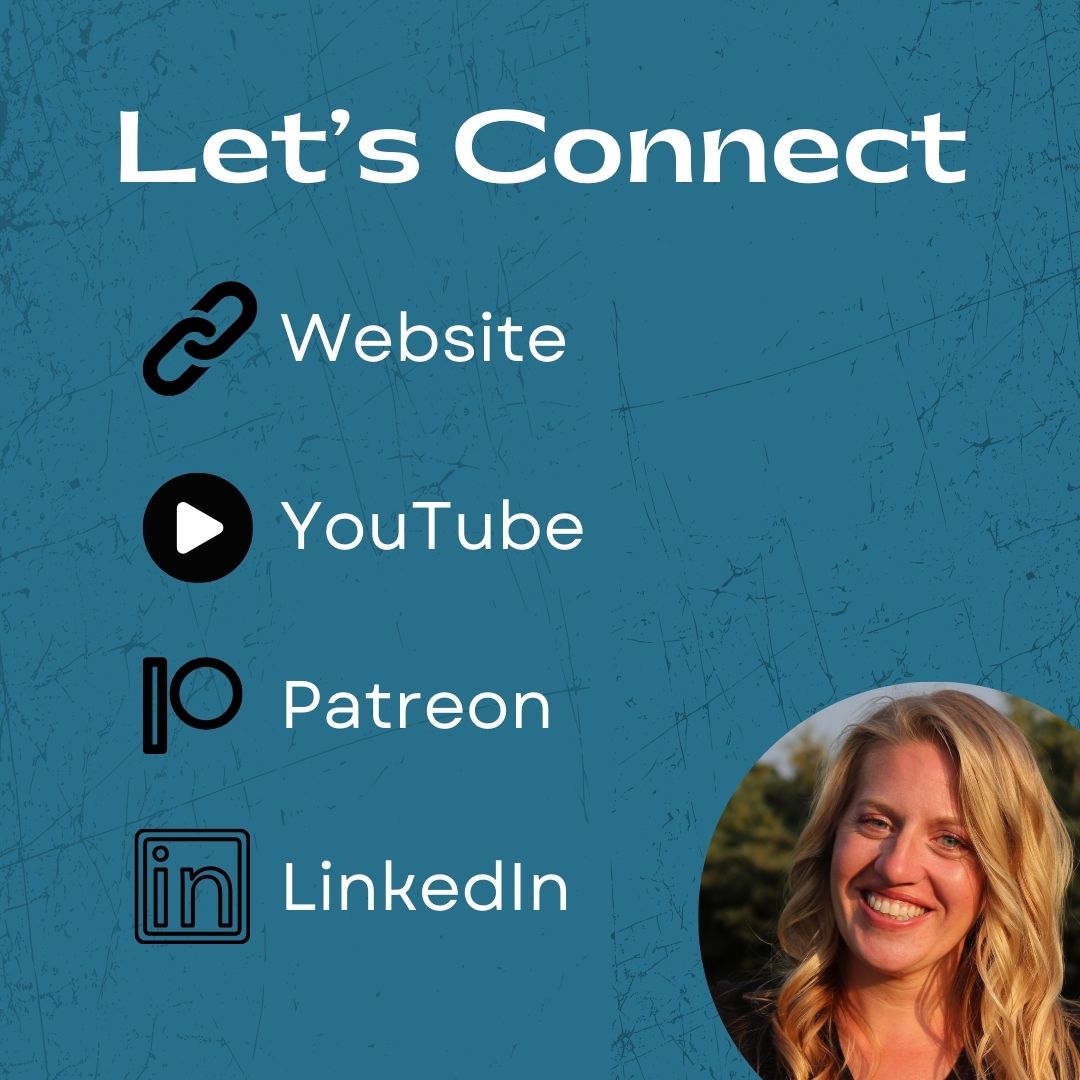How to Support Working Mothers
May 05, 2025Spring 2021. Smiles and laughs on the outside. Internally, my hair was falling out, digestive failure losing excessive weight, toxic environments suffocating me daily and it was on path to a heart attack. In this picture, I was in burnout physical collapse. Smiling on the outside, dying on the inside. Still showing up for work, showing up for my kids.

Mother's Day is coming up. Flowers are nice but temporary. Change toward supporting mothers in the workforce is a gift that keeps giving.
The number of mothers in the workforce has increased over the past several decades. In 1975, less than half (47%) of mothers were in the labor force. By 2000, this number had reached a high of 73% and has remained around that since.
A few ideas to explore:
1. Flexible work arrangements. Missing out on field trips, juggling on kid sick days and no recovery time between work and kid activities fuels burnout. What options can you offer during the different seasons of parenting?
2. Maternity leave and the returning time afterward is not a 'vacation'. Begin reframing the language away from: "How was your 'vacation'", "must be nice to have the day off for a sick kid", and "I wish I could do drop off and arrive late", all while you are juggling 18-hour long days is enough to drive a working mom insane.
That was the most common thing I heard coming back from all 3 of my maternity leaves...in which I worked many hours during each of those times. Those actions and language were energy drainers ultimately affecting my work relationships and feeding my burnout.
Be their bodyguard during this time to protect this crucial space for recovery, baby bonding and transitioning back to work.
3. Ask past, present and future mother's what support would have been nice or that they need now. Meeting times shifted so they can pump in peace? Shift flexibility to make it to post-op appointments? Local daycare and babysitter options? Job share, part-time or fractional work opportunities for the next couple years to be at home more?
4. Employer mother's group. Coming from a male dominant field, I was on my own. Figuring things out alone and no one to talk to. Struggling in silence. What inclusive groups do you offer at your organization that can have deeper conversations and in turn support one another through community.
When I became a mother, there were a lot of lessons learned. The biggest ones I found was how much society, medical industry and employers do not support working mothers but want more bodies available. Who wants to have more babies when the environment isn’t setup for it?
It starts with you. The conversations you have and the actions you take. Stop waiting for change and begin creating it. Support an environment in which smiles can be genuine instead of fake.
Let's connect for a more meaningful conversation on what this could look like in your organization: Schedule Here


